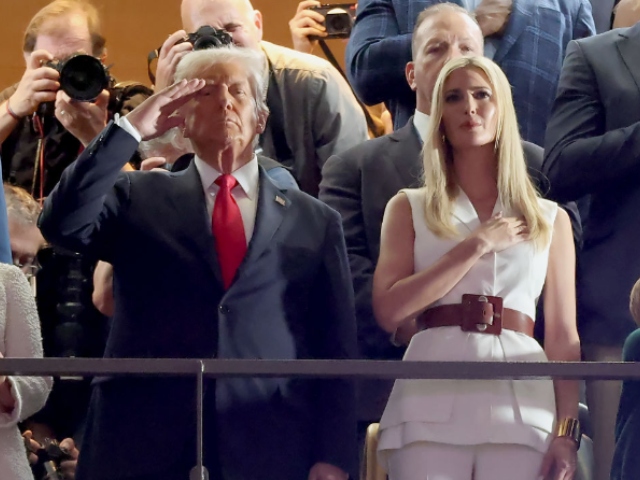Germany Faces Critical Elections Amidst National Despair

Germany is facing a crucial election amid growing national despair, with economic stagnation, rising extremism, and challenges to traditional governance threatening the country's future.
BERLIN -- Angst is spreading across the Bundesrepublik. Amid talk that the country is the "sick man of Europe," just one-tenth of Germans describe themselves as confident, with higher shares describing their mood as fearful, mistrustful, fatigued, and sullen.
As for the roots of Germans' despair, there's a long list. Start with an economy that has flatlined for five years amid accelerating deindustrialization, a drumbeat of Islamist terrorist attacks, and anger over a decade-long surge in migration. Deepening worries over security and exorbitant energy prices due to Russia's war in Ukraine also add to this decline.
Take nearly every positive stereotype about Germany -- its efficiency, reliability, work ethic, and engineering prowess -- and discard it. Internet connections are patchy, trains are reliably unreliable, and workers call in sick twice as often as other Europeans. Government agencies and private firms still use fax machines. So does the military.
These data points contribute to a growing sense of national decline ahead of the country's federal elections on February 23. The vote will determine who will replace Chancellor Olaf Scholz's widely loathed coalition government, which has presided over nearly four years of stagnation.
The election is a make-or-break moment and might be the last chance to escape the prospect of Germany slipping into toxic nationalism once again. The ascendant party, Alternative for Germany (AfD), is not a violent extremist group but sympathizes with Russia and adamantly opposes immigration.
Prominent AfD leaders have minimized Nazi atrocities and used Nazi tropes. Alice Weidel, the party's leader and candidate for chancellor, has gained admiration from AfD crowds with slogans echoing Nazi phrases.
Meanwhile, Elon Musk praised the AfD publicly, bringing unexpected attention to the party. Simultaneously, Friedrich Merz, leader of Germany's Christian Democrats, reacted to a recent act of terrorism by proposing strict migration legislation, shattering the taboo against cooperating with the extreme right.
There is little chance the AfD will be part of the next government, but the dangers may loom in future elections if Germany's centrist parties cannot lift the nation from its troubles.
Merz, who is portrayed as a potential chancellor, recognizes the stakes involved. However, he lacks government experience beyond parliamentary service and will face major challenges to navigate coalition politics.
He proposes tax cuts, bureaucracy reduction, and investment in infrastructure but needs to manage relations with both coalition partners and opposition. The current fiscal rules heavily restrict government spending, limiting public investment.
To improve the country's standing, Merz would need to tackle domestic political opposition and strict EU debt rules. Failing to engage in meaningful reforms may lead to further public disillusionment. The anger resulting from pandemic restrictions, costly regulations, and rising living costs has compounded sentiment against the establishment.
The next government will grapple with unprecedented challenges that will define Germany's future and impact Europe significantly.


:max_bytes(150000):strip_icc():focal(674x405:676x407)/taylor-swift-super-bowl-020925-3057f19b2ec24796906bcd62d0a5f9aa.jpg)
:max_bytes(150000):strip_icc():focal(728x298:730x300)/Tom-Brady-and-his-watch-Super-Bowl-2025-020925-1-dfb41b5902e8425388ee6f56adceac93.jpg)




:max_bytes(150000):strip_icc()/healthiest-snacks-GettyImages-1252756228-77a06f5c53824200875d55dd58d3b275.jpg)












